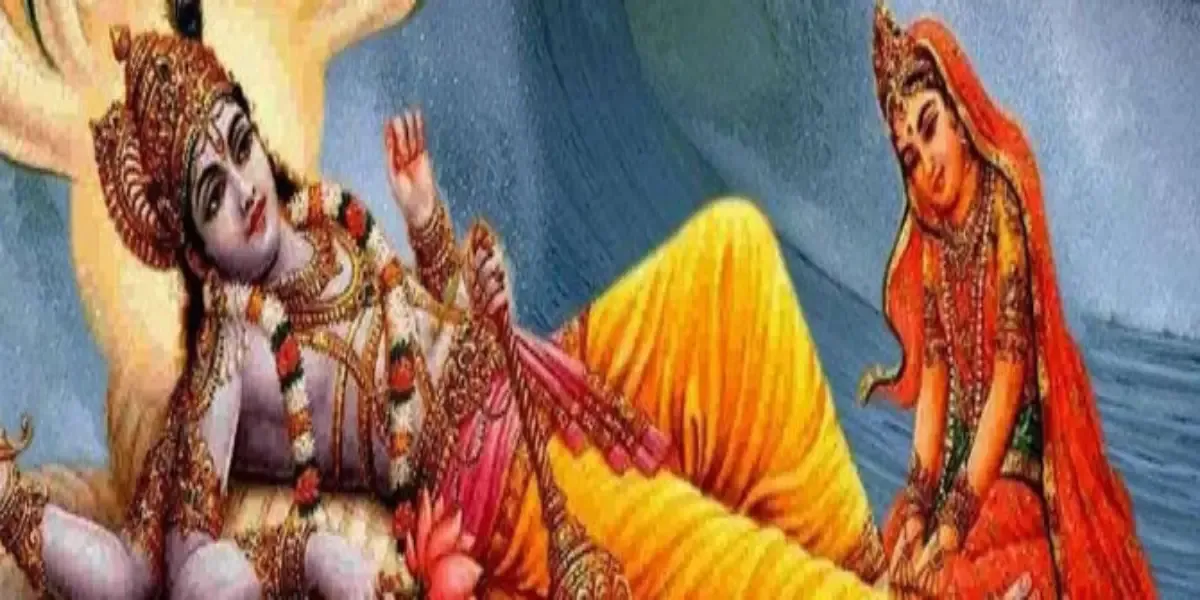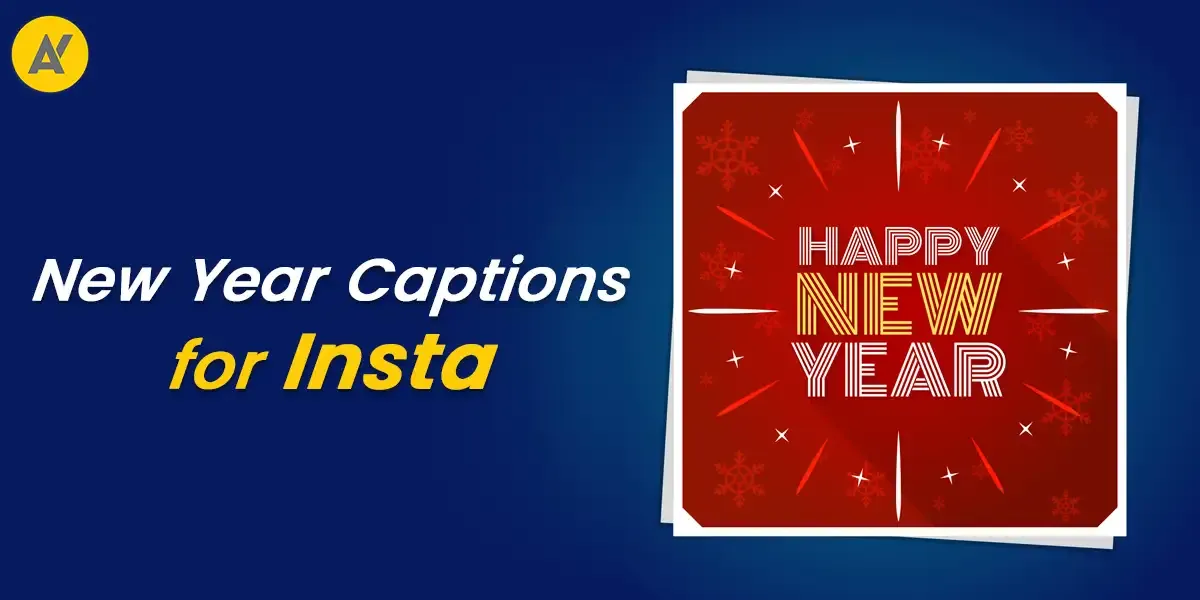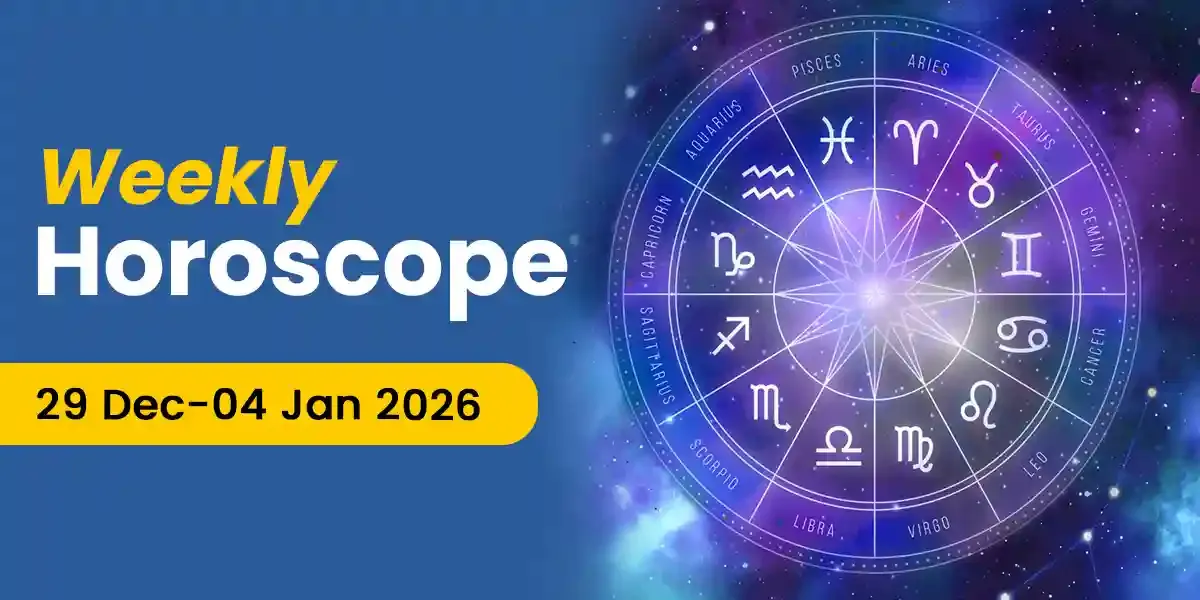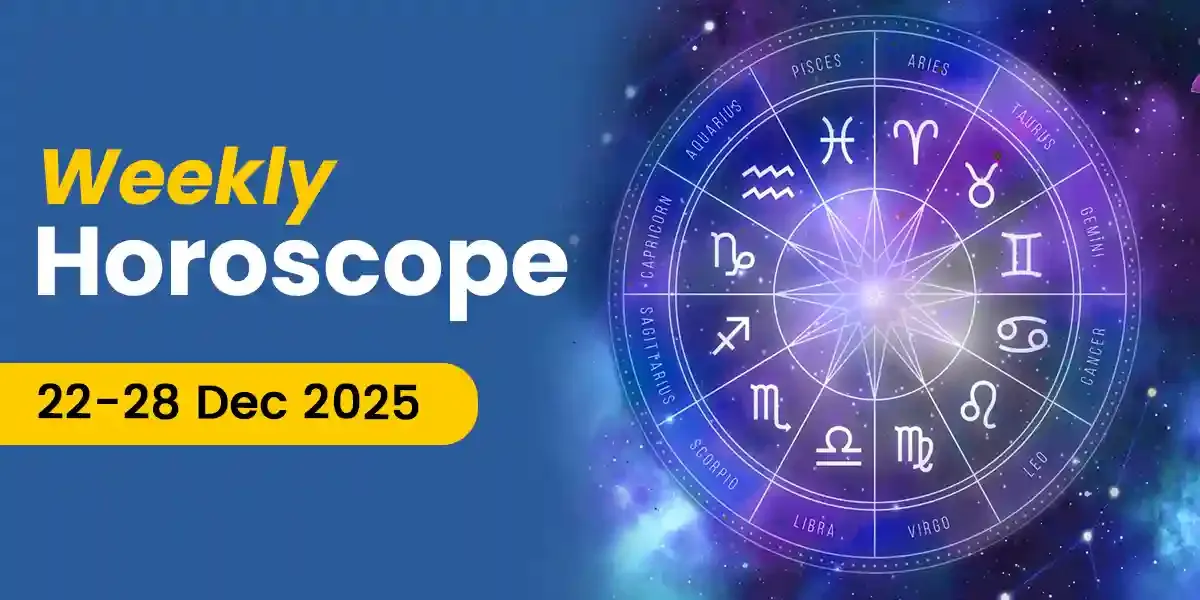
'Ekadasi' literally means the eleventh, in Sanskrit. According to the Hindu Lunar calendar, it means the 11th day in each half of a lunar month. A lunar month is split into two halves, called the 'Shukla Paksha' and 'Krishna Paksha', both of these halves constitute of roughly 14 days. While Shukla Paksha is the time from new moon to full moon; Krishna Paksha's tenure is from full moon to new moon. Vijay Ekadashi falls on the 11th day of the Krishna Paksha, in the month of 'Phalgun'. This year Vijay Ekadashi falls on the 22nd of February. The Ekadashi fast kept by believers on this auspicious day is regarded as one of the most important in a year according to Hindu religion. The fast is kept to please Lord Vishnu, and it is believed that the fast will purge you from your sins and help you overcome hurdles and challenges in life. Consult an expert astrologer for best astrological remedies for obstacles in life.
The Legend says that Vijay Ekadashi fast was revered and followed ever since creation. There is an anecdote in the Puranas, where Sage Narad, sun of Brahma asks, his father about the significance of Vijay Ekadashi fasting, Mahabharata also mentions the eldest of the Pandavas- Yudhishtir asking Lord Sri Krishna about the auspicious day. Lord Sri Ram kept the fast when he came across the vast ocean to reach Lanka on his pursuit to rescue Goddess Sita from the clutches of Ravan. Sage Vakdalabhya advised the Lord to observe a Vijay Ekadashi fast to overcome this obstacle. Lord Sri Ram was able to construct the great 'Ram Setu' Bridge over the massive ocean to reach Ravan's Lanka after he observed the fast. The legend is synonymous to the challenges and obstacles we come across in life. Vijay Ekadashi fast and rituals are proved to be very fruitful for those who are trying to overcome any kind of challenges in personal or professional life.
The Rituals advised by Sage Vakdalabhya to Lord Sri Ram are still practiced when believers observe a Vijay Ekadashi Fast. A clean Pooja Platform is made up or is set up in the Pooja room. The traditional Saptdaan or seven-grain platter is set on the platform, and a 'Pooja Kalash' is placed on it. An idol of Lord Vishnu should be worshiped with the Kalash assorted with five different leaves called the 'Panchpallav'. The Puja of the Idol should be done with scented fumes, lamp, sandal, flowers, and fruits. Along with the daylong fast one should also recite Lord Vishnu's narrations from the Puranas. Disciples also wake on the night of Ekadashi and praise the lord to mark there oblige and adoration for god Vishnu. One should not consume nonvegetarian food and should celibate on Ekadashi and the day prior to it if he is observing a fast. Charity donations are advised on the day after Ekadashi. Our expert astrologers could tell you more about Vijay Ekadashi and its rituals, for an online personal consultation click here.
#GPSforLife
Our in-house team of writers comprises of vibrant, like-minded, and curious souls who are passionate about helping people find joy and motivation through the magic of words. Our writers are keen on using their skills to make the study of divination sciences a guiding tool in people's lives. They hold expertise in writing on a myriad of topics related to Indian Astrology, Spirituality, Planetary Movements, Vastu Shastra, Numerology, and Tarot among several others. The Astroyogi team aims to write articles that can help the readers lead a life of peace and tranquility whilst enjoying the many ups and downs of life!




































